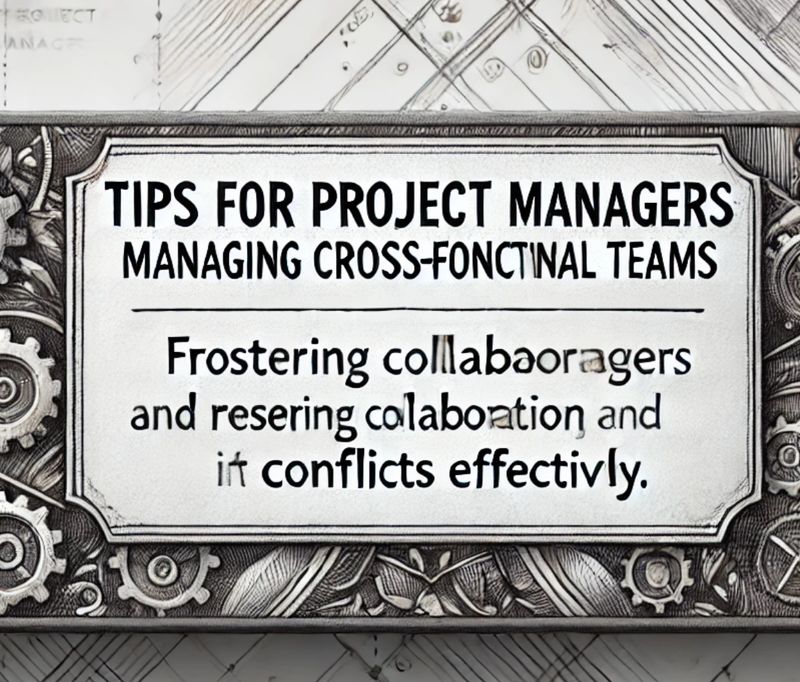Secrets to Successfully Completing a Project

Planning: The Foundation of Success
A strong project begins with a solid plan. As the saying goes, "Failing to plan is planning to fail." Your project plan is the blueprint that guides every step, ensuring clarity and alignment.
Start with clear goals. Before diving into tasks, define what success looks like for your project. For example, if you're managing a website redesign, success might mean delivering a fully functional site within three months, staying within budget, and satisfying user requirements.
Break down your project into manageable phases. Let’s say your project involves developing an app. Phase one could focus on research and gathering requirements, phase two on design and prototyping, and phase three on coding and testing. Dividing the project this way helps reduce overwhelm and makes tracking progress easier.
Incorporate flexibility into your plan. Unexpected challenges will arise, and your plan should account for this. For example, if your team encounters a delay in receiving client feedback, a flexible timeline ensures the entire project doesn't fall behind.
Communication: The Lifeblood of Projects
Effective communication can make or break a project. As a project manager, you act as the bridge between your team, stakeholders, and clients. Prioritize transparency and active listening to keep everyone on the same page.
Hold regular check-ins. For instance, a weekly team meeting helps ensure everyone knows their tasks and can raise any concerns early. A simple “What’s going well?” and “What’s a blocker?” discussion format can work wonders.
Use the right tools for collaboration. If you’re managing a remote team, tools like Slack for instant messaging and Trello for task management help streamline communication. For example, you can create a Trello board with columns like “To Do,” “In Progress,” and “Completed” to visually track tasks.
Adapt your communication style to your audience. When presenting updates to stakeholders, use concise summaries and visuals. For example, a quick chart showing budget allocation is more impactful than a lengthy explanation. Conversely, when speaking to your team, provide detailed instructions and be open to questions.
Adaptability: Navigating the Unexpected
No matter how well you plan, surprises are inevitable in any project. Your ability to adapt and lead your team through challenges is a critical skill.
Stay calm under pressure. Imagine your software launch is delayed due to a critical bug. Instead of panicking, outline immediate steps to resolve the issue, such as assigning the bug to a senior developer and adjusting the launch timeline.
Empower your team to solve problems. For instance, if a team member suggests a creative way to overcome a supply chain issue, listen and support their solution. Encouraging ownership not only builds morale but also strengthens the team’s problem-solving capabilities.
Learn from setbacks. After completing a project, hold a retrospective to identify lessons learned. For example, if scope creep caused delays, discuss how clearer boundaries could have prevented this. These insights will prepare you for smoother execution in future projects.





